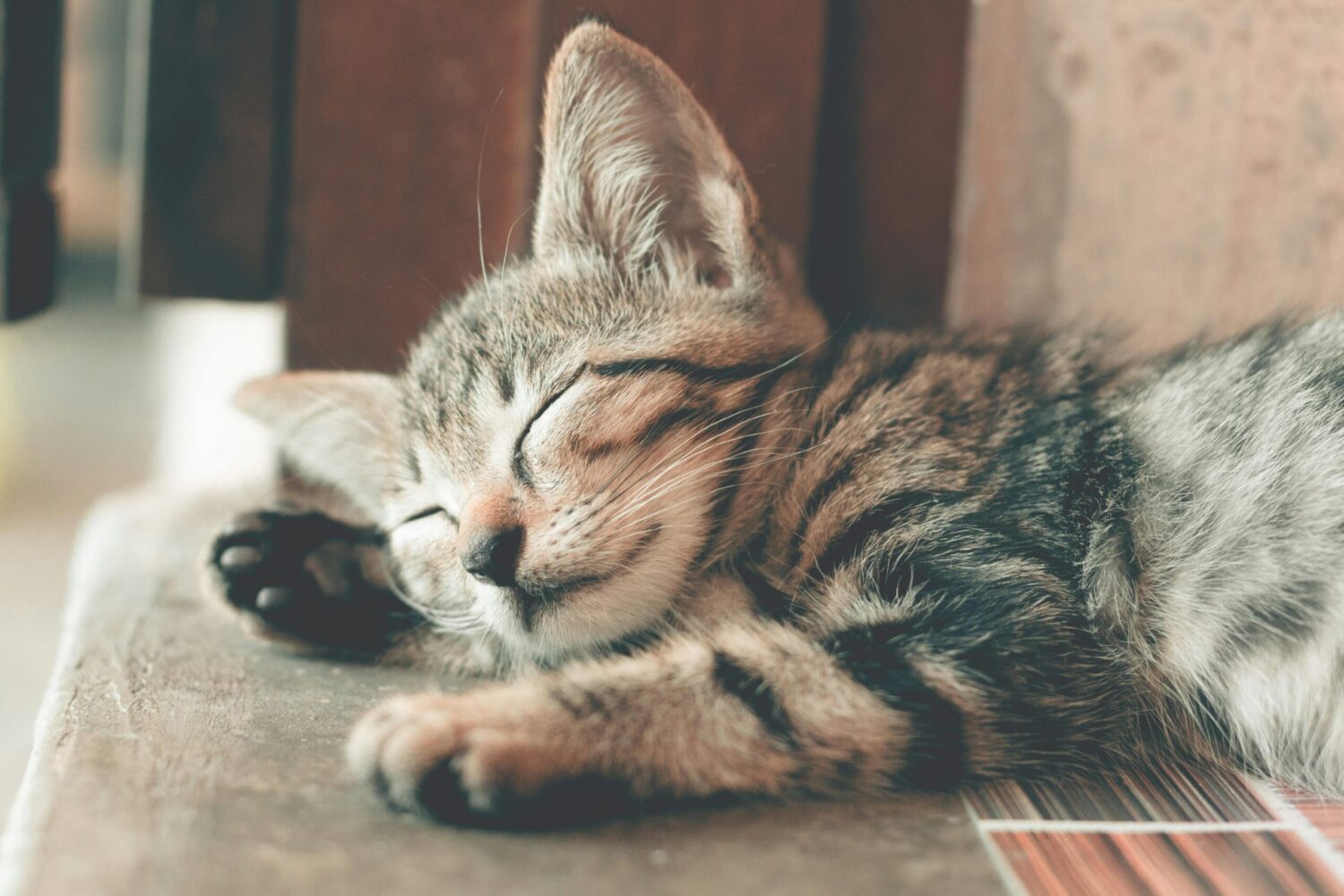Have you heard the term “food coma”? Did you know that feeling sleepy after eating can be a sign of illness?
In fact, it is not always a symptom of any disease. But it is directly related to the quantity and quality of food eaten. Also called postprandial sleepiness.
In fact, it is not always a symptom of an illness but is directly linked to the quantity and quality of food consumed. Also called postprandial drowsiness.
There are several factors that can contribute to the desire to sleep after eating, experts prove:
Eating foods high in carbohydrates or fat;
Intake of many calories;
Meal time;
Specific nutrients such as tryptophan, melatonin and other phytonutrients.
Why is tryptophan dangerous?
Tryptophan is an amino acid that can cause mild drowsiness after eating. The body converts tryptophan into serotonin and then into melatonin, which can cause severe fatigue.
Foods high in tryptophan include chicken, egg whites, fish, milk, sunflower seeds, peanuts, pumpkin seeds, sesame seeds, soybeans, and turkey meat.
Melatonin is the sleep hormone. It is actively produced when the body is at rest and in the dark. This causes the brain to be drowsy drowsy.
Foods high in melatonin are barley, corn, wheat, blueberries, cucumbers, eggs, mushrooms, oatmeal, pistachios, rice, salmon, strawberries, and cherries.
Carbohydrates
Research shows that carbohydrate-rich foods can also cause sleepiness. In particular, foods with a high glycemic index — a measure of how much certain carbohydrates raise your blood sugar — are more likely to have you staring longingly at the couch after lunch. Foods with a high glycemic index include baked goods (white or wheat bread), grains (cornflakes and oatmeal), sugar, watermelon, potatoes, and white rice.
Fats
Saturated fat and trans fat can increase fatigue after a meal. To avoid this, it is enough to minimize the consumption of foods high in unhealthy fats, and this includes baked goods, beef, butter, cheese, poultry, ice cream, lamb, pork, palm oil, full-fat dairy products and fried foods .
Why and how to listen to our body?
Afternoon sleepiness is often associated with the gradual accumulation of adenosine in the brain. It peaks just before bedtime, with levels higher in the afternoon compared to the morning hours. The longer a person is awake, the more adenosine accumulates, which increases the desire to sleep. The circadian rhythm functions like a clock. It controls periods of activity and sleep.
Other possible causes of sleepiness after eating:
– diabetes,
– hypoglycemia,
– anemia,
– problems with the thyroid gland,
– low blood pressure
– mild dehydration
– How to relieve sleepiness after eating?
You may not be able to completely overcome your sleepiness, but at least try the following:
– Eat a balanced diet;
– Sleep more at night;
– Stay more in daylight;
– Do exercises.





